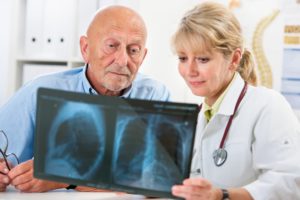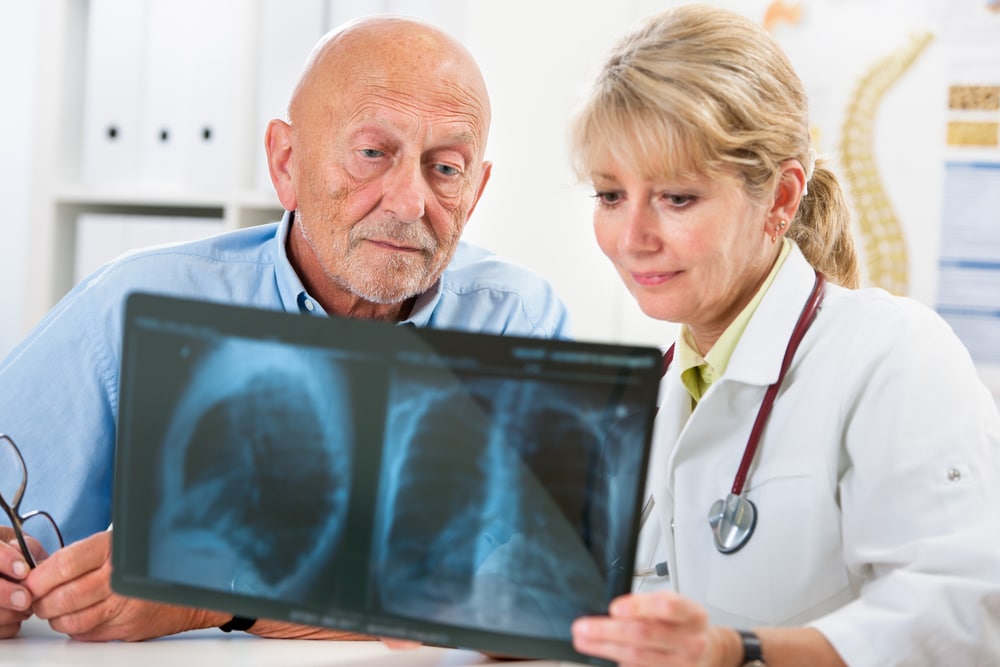
Early detection of lung cancer is key,” says Snehal Thakkar, M.D., medical oncologist at Summit Healthcare. “If you are worried about your risk or have concerns, talk with your primary care physician as soon as possible. Don’t allow fear to delay the potential diagnosis of cancer.”
Understanding the contributors that play a role in lung cancer development is an important first step in protecting yourself from the disease. A variety of factors may affect a person’s lung cancer risk. Four of the most widely known risk factors include:
Smoking—As many as 90 percent of lung cancer deaths are due to tobacco use, according to the Centers for Disease Control and Prevention. The longer you smoke, the higher your risk. That’s why it’s never too late to quit.
Secondhand smoke—More than 7,000 chemicals—250 of which are known to be harmful—are found in secondhand smoke, according to the National Cancer Institute.
“Chemicals such as arsenic, benzene, cadmium, and nickel are just a few of the toxic chemicals found in secondhand smoke that are known to increase the risk of cancer,” Dr. Thakkar says. “The best strategy to prevent secondhand smoke exposure is to limit the area where smoking will occur. Create smoke-free zones within your home, and encourage smokers to smoke outside.”
Radon gas—When radioactive elements in soil and rock begin to break down, they produce an odorless gas called radon. The U.S. Environmental Protection Agency (EPA) estimates that radon exposure is the no. 1 cause of lung cancer in people who don’t smoke. Radon found indoors, such as in your home, is particularly dangerous. The EPA recommends all homeowners use a radon detection kit or hire a professional to measure the amount of radon in their home.
Family history—People who have a close family relative with lung cancer may be at greater risk of developing the disease. [/icon_list]
In addition to limiting exposure to secondhand smoke and radon gas, Dr. Thakkar recommends people take charge of their lung cancer risk by eating a healthy diet, exercising, and quitting smoking. If you have a long history of smoking, talk with your primary care physician to see if you may be a candidate for lung cancer screening.

